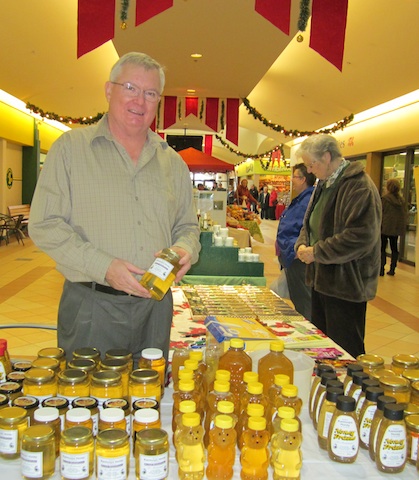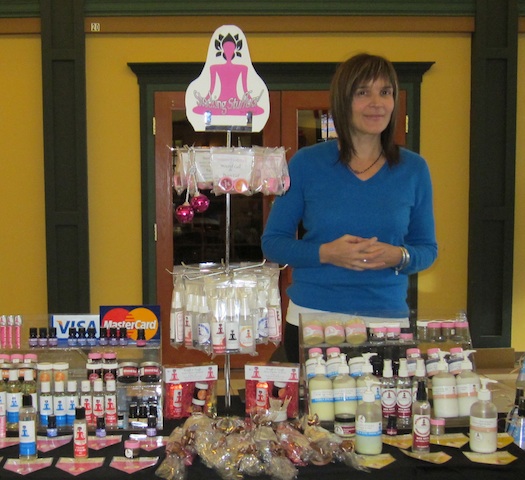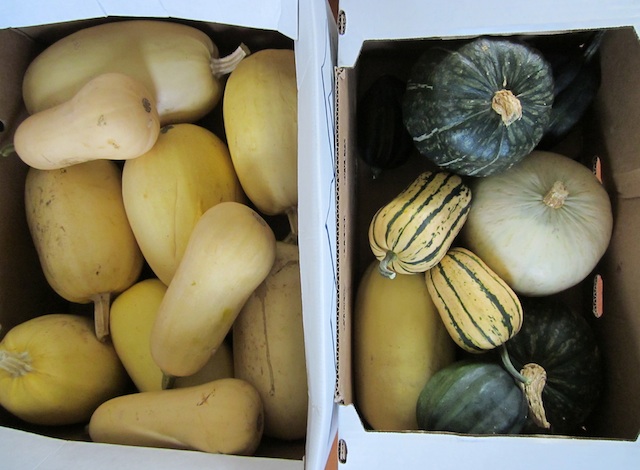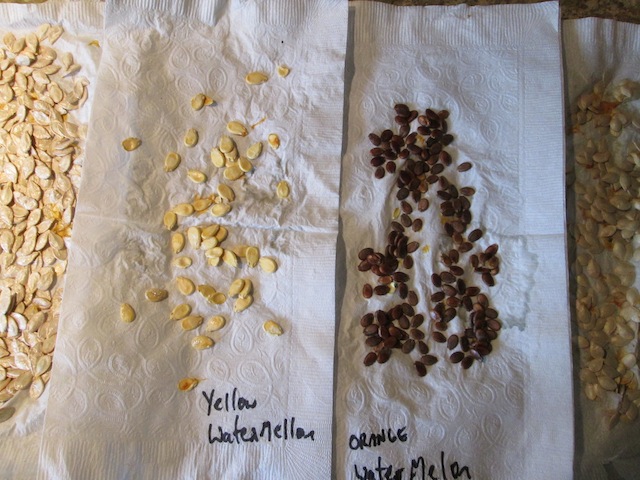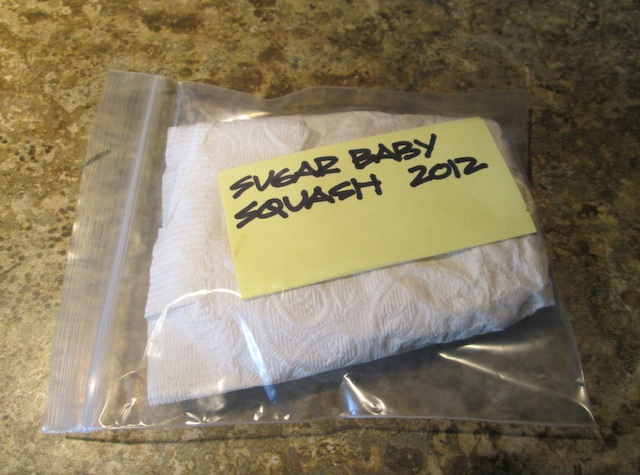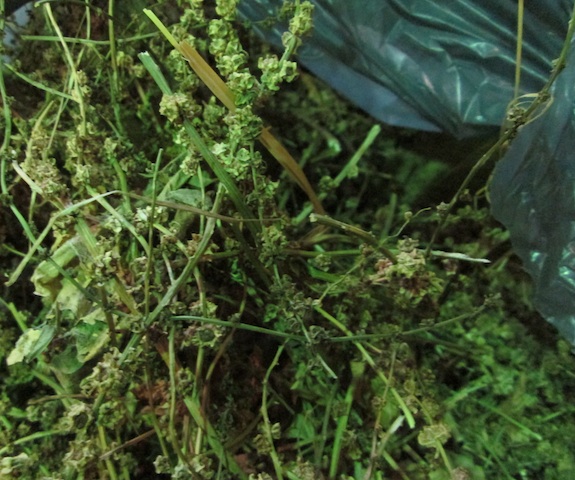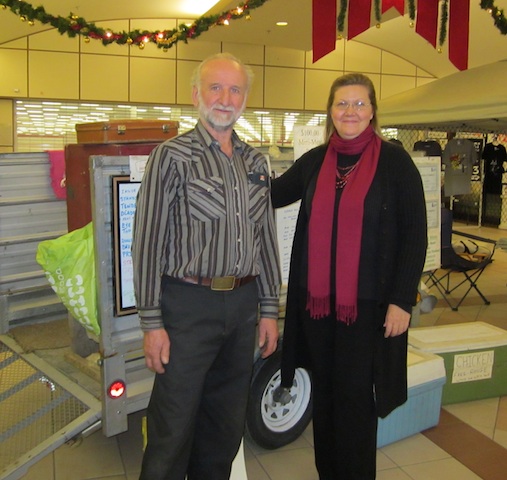
Here is Andy Balogh founder and president of Visions Farmers Market Society. He runs Dandy Meats which produces certified organic beef, pork and chicken.
Time: 10:00am to 2:30pm
When: Five Saturdays from November 17 to December 15, 2012
Where: Sahali Centre Mall
Kamloops now has a Winter Farmer’s Market. If you are a vendor and would like to join the market please contact Visions Farmers Market Society and Andy Balogh at 250.577.3810 for more information. Their guidelines for vendors are: “You make it. You bake it. You grow it.”
Here are just a few images of the first winter market at Sahahi Centre Mall. I hope to see you there next Saturday.
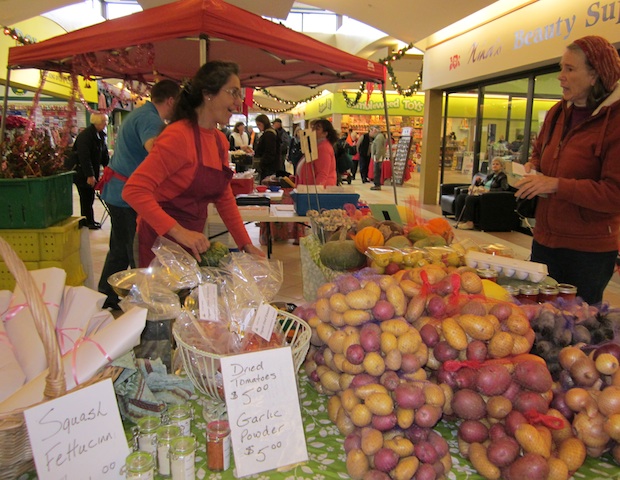
Here is Sun Rivers Organics with their wonderful heritage potatoes, squash, and garlic. They have a large variety of heirloom squash.
If you are wondering what is so special about heirloom varieties, please read Harvest Bounty: Seed Saving. Ask Ed or Daniela Basile of Sun Rivers Organics about why seed saving is so important. Be prepared for next year’s Seedy Saturday by saving all your own seed.
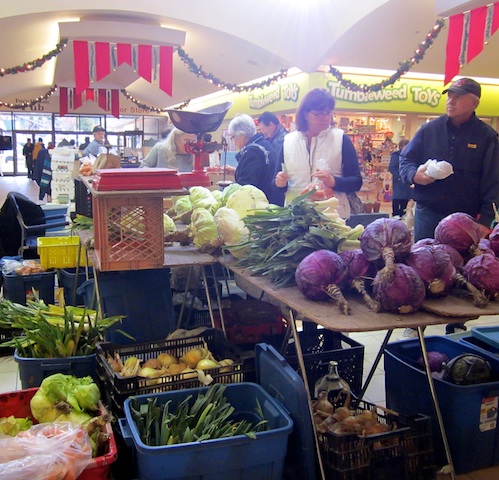
Paula and Mendel Rubinson of Silver Springs Organic have a large selection of winter storage vegetables. They still have cabbages for making sauerkraut?or kim chi.
If you have never made fermented foods before but would like to give it a try, please see Harvest Bounty and Traditional Fermentation: Photo Essay.
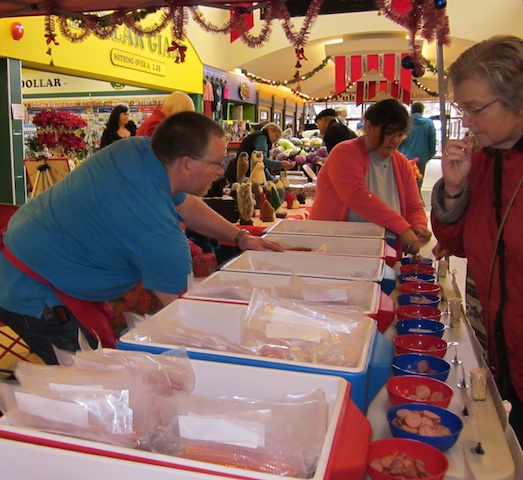
Here is Erik?s Sausage and Meats. As you can see there are samples so you can try each type of sausage before purchasing.
If you have ever wanted to try making your own sausages, please see Fresh Homemade Sausage. After making your own sausages you really appreciate the effort that goes into sausage making.
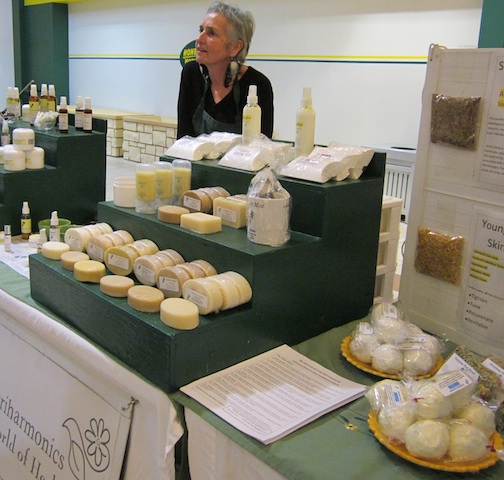
If your larder is full for the winter, maybe you are interested in herbal cosmetics and healing creams. Riversong Agriharmonics has an assortment of soaps, bath bombs, creams and cosmetics.
Small batch herbal apothecary products can make wonderful Christmas gifts. Usually, these products are produced with care from the highest quality materials, but always ask questions. If you are on a budget and would like to make your own homemade cosmetics and cleaners please see Healthy Household: Staying Clean Safely.

